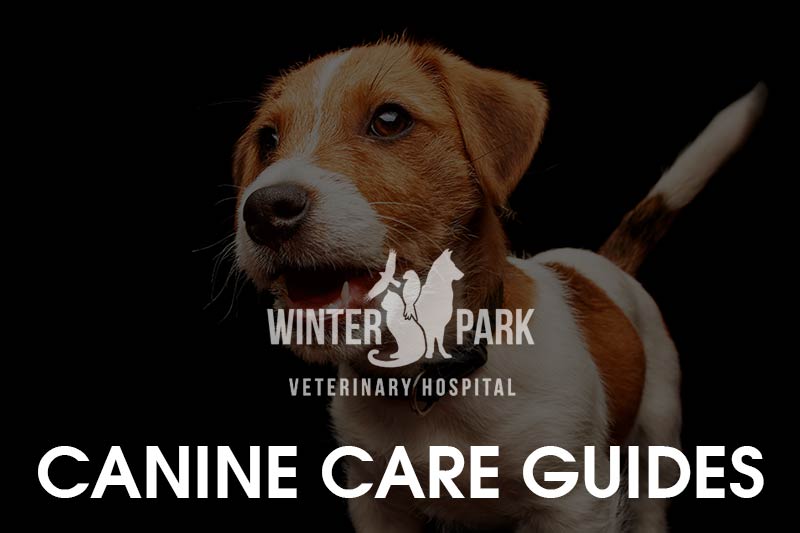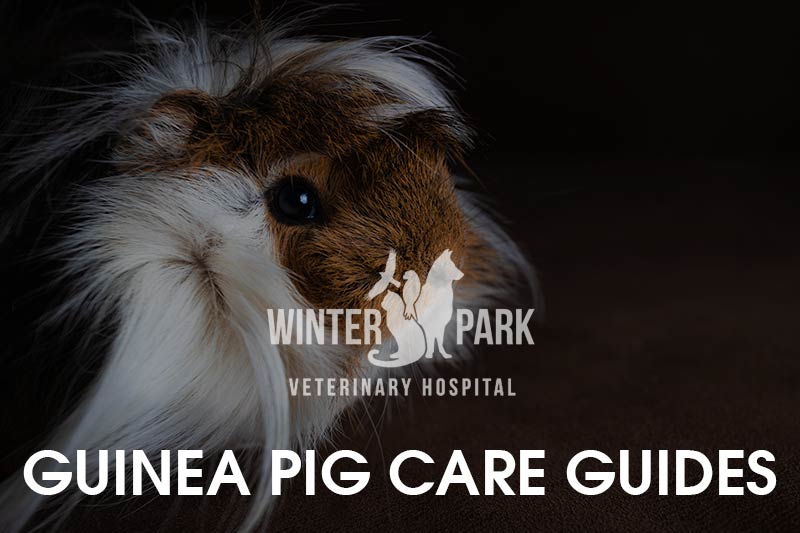Download this Pet Care Guide – PDF
To successfully house-train a puppy, your efforts must be consistent and constant both with the method of training and among family members. Housebreaking is one of the most frustrating aspects of dog ownership, resulting in the abandonment of hundreds of thousands of dogs yearly. If your puppy is six weeks or older, a regimented and careful training program can produce results in as little as one week’s time. Follow these guidelines, and remember: the key factors in housetraining are consistency, persistence and patience. There is one little truth, however, that cannot be ignored: a puppy will be housetraining according to its own schedule. Some pups will not be FULLY housetraining until they reach several months of age. Please remember, the WPVH Training and Behavior Center has a skillful team capable of assisting you with housetraining, crate training, obedience training, and many behavioral issues that owners will inevitably encounter throughout a pet’s life.
These guidelines will help you in the process.
- Paper training will not train your puppy to go outdoors. It will train him to use newspapers…any newspapers. Once paper-trained, the dog will retain some of the desire to relieve itself on newspapers when the need is high. Training your dog to urinate or defecate inside the home also destroys the natural instinct to void outside the dog’s den (home). Later training can cause confusion when the dog is taught that what was once good behavior (voiding inside the home) is now outlawed behavior.
- Be as consistent as possible. Use the same door, take the puppy to the same spot outside, as approximately the same time for morning and evening trips. This will make it easier for your puppy, and train him to both wait at the door when he has to go, and to use the same area outdoors (his “special spot”). It also makes cleaning the yard easier. When trained, your dog will go to the door and wait for you. This is a great signal, but you must resolve yourself to take the dog out when he signals you. Failure to respect his signal can lead to a set back in training progress and will result in “accidents” in house.
- It is important to take the puppy out early in the morning (when first released from his crate, for example) and before retiring for the night. After feeding, wait until the puppy starts circling or behaving as if he needs to go, then take him out immediately. Puppies will also stop in the midst of active play and seek a spot to urinate. Watch for this sudden change in attitude and take him outside. Walk your puppy when he wakes from a nap so he can urinate. Do not take the dog outdoors to his special spot except when training. Limit the puppy’s time outside to a few minutes, and wait until he is completely house-trained before allowing him to play outdoors. Otherwise, he will not associate being outside with his training.
- Remember to praise the dog when he does urinate or defecate outdoors. When you take the puppy back inside, do not continue to praise him: allow the dog to associate the praise with good behavior performed in the yard. Praising him inside, especially just inside the door, can result in confusion and lead the puppy to believe voiding near the door is close enough to correct behavior. Scold him in a loud tone when he voids in the house but only if you catch him in the act! Then take him outside and praise him when he urinates or defecates in his proper place. Puppies want to please – and it is unhelpful to spank the puppy – in fact, it may cause fear and resentment. Rubbing his nose in feces or urine results in a “so what?” response from the dog: he responds to your attitude and behavior, not to the presence of his own waste. (He knows it’s waste, and that it’s his, but what are you trying to tell him??) When a puppy is loose in the house while you are away, and he hides when you enter the home, he is not admitting he knows he did something wrong. He is simply responding to your past behavior.
Here’s the situation:
You go out to dinner, leaving the puppy free to roam.
He urinates near his “goin’ outside door”.
He lies down and naps.
He hears you come home and thinks, “Oh, no!”
He hides, knowing you go a little crazy when you come home and punish him. (He has completely forgotten about urinating in the house)
You come in and call for him.
You see the wet spot, hunt the dog down, drag him over to the wet spot, jam his nose into the carpet, yell “BAD DOG”, maybe hit him, let him go so he can hide.
The dog’s angle on this activity:
Hide when Mom and Dad come home because they go a little nuts at times.
What the dog has learned:
Mom and Dad are dangerous sometimes. I love them they love me…but not all the time.
Simply, a dog’s memory for behaviors like urination and defecation are very short lived. Scolding a dog after-the-fact does little or no good. (Unless you catch him in the act! This is important to remember.) There is little evidence showing the benefit of physical punishment in housetraining (hitting with newspaper, spanking, etc). Dogs will become resentful of abuse and retaliate with whatever force they feel is necessary.
- When you do find your puppy has urinated or defecated in the house, keep calm and clean up the mess. Try to determine the reason (Were you gone too long for the dog to be able to hold it? Would it have been better to crate the puppy? Is the puppy having diarrhea? Was the dog offered a chance to go outside before you left? etc.) A change in your routine may be necessary to facilitate housebreaking. (Shortening trips, for example.) Do not punish the dog.
- It may be necessary to limit nightly food and water for the puppy. Keep the dog within a small confined area at night (a crate or bathroom suitably puppy-proofed works well) or when otherwise left alone. Dogs do not like to soil their sleeping quarters.
- Should the puppy develop diarrhea, do not scold it. Be patient and continue with the training regimen. If the problem continues, consult your veterinarian.
- When you do catch your dog in the act of urinating or defecating, react quickly. Loudly call the dog’s name, and the command “NO”, then gently lift the puppy and take him outside to his special spot. Praise him when he urinates or defecates, take him into the house and set him loose. The loud command is enough to get his attention and stop him. The Praise outside will be appreciated after the reprimand in the house.
In extreme cases, it may be helpful to keep the puppy on a leash while in the house (this is a training method often used by our training center team to correct other obedience issues, i.e. jumping up on people or objects). The other end of the leash is always attached to your arm. (Yes, seriously!) While you do housework, read, or watch TV, the puppy is nearby where you can observe him and react if he begins to void. This method works for an adult dog that is poorly housetrained when you get him (rescued from the Humane Society, for example). Leave the leash on the puppy, but off your arm, when the puppy lies down for a nap. Walk him as soon as awakes.








